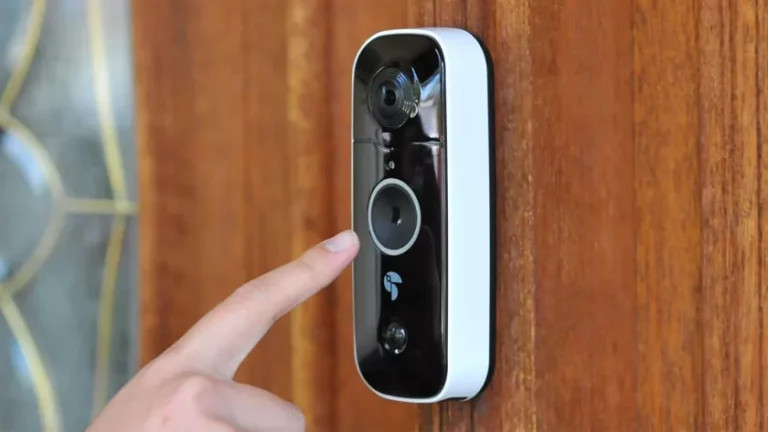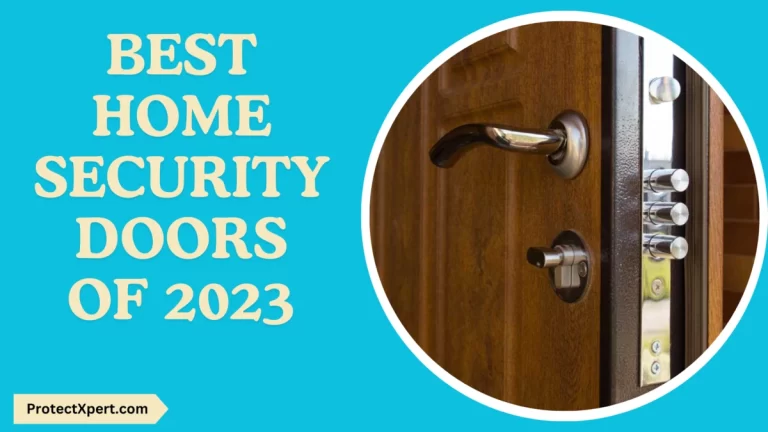Is it Better to Have Wired or Wireless Security Cameras?
Is it better to have wired or wireless security cameras? Security cameras can provide excellent protection for your home against burglars. Interestingly, one common question about security cameras is whether to choose wired or wireless. In this article, the pros and drawbacks of wired and wireless security cameras will be compared and contrasted.
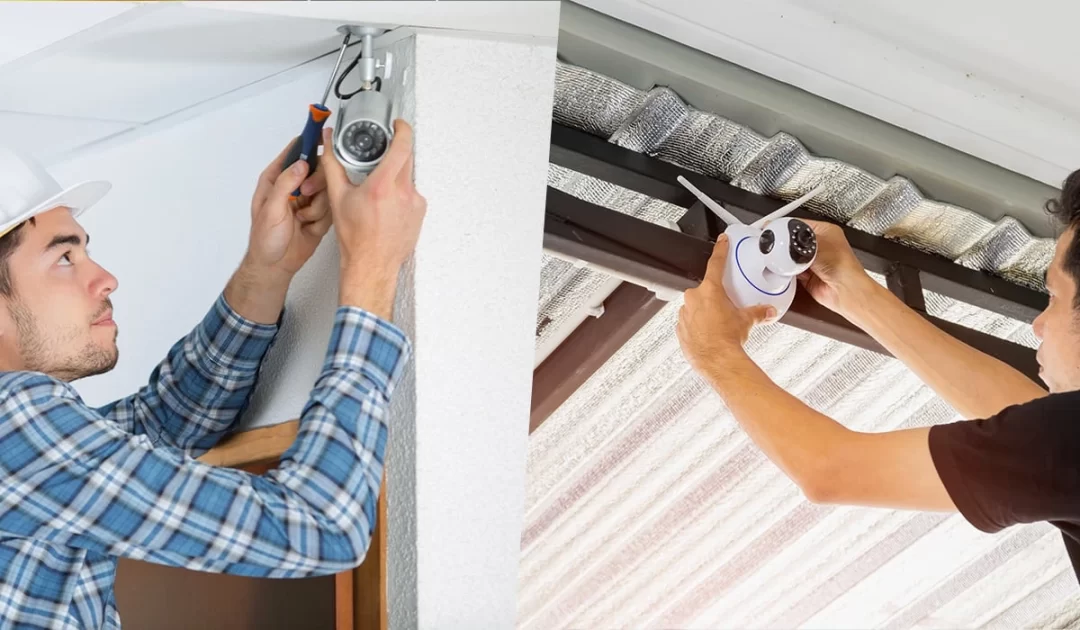
Is Hardwire or Wi-Fi Better for CCTV?
Wired security cameras are connected directly to a recorder or monitor via cables, whereas wireless cameras transmit data through Wi-Fi or cellular networks. When it comes to CCTV, hardwired cameras have some advantages over wireless ones.
For instance, they do not rely on a Wi-Fi connection and are therefore not affected by network interference, which can cause connection issues and footage loss.
Additionally, wired cameras typically have a higher image resolution than wireless ones, which makes them ideal for detailed monitoring.
What Type of CCTV is Best for Surveillance?
The best type of CCTV for surveillance depends on your specific needs. If you want a system that offers high-quality footage and minimal interference, wired CCTV is your best bet.
However, if you need a more flexible and affordable option, wireless CCTV may be more suitable. Wireless CCTV might not show images as clearly and consistently as wired CCTV. If you want the best quality, it’s better to use wired CCTV.
What are the Disadvantages of Wired CCTV Cameras?
Although wired CCTV cameras offer several advantages, they also have some drawbacks. The biggest disadvantage of wired cameras is that they require cables to function.
This means that they can be difficult to install and may require professional help. Additionally, wired cameras are less flexible than wireless cameras, as their placement is limited by cable length.
What are the Disadvantages of Wireless Cameras?
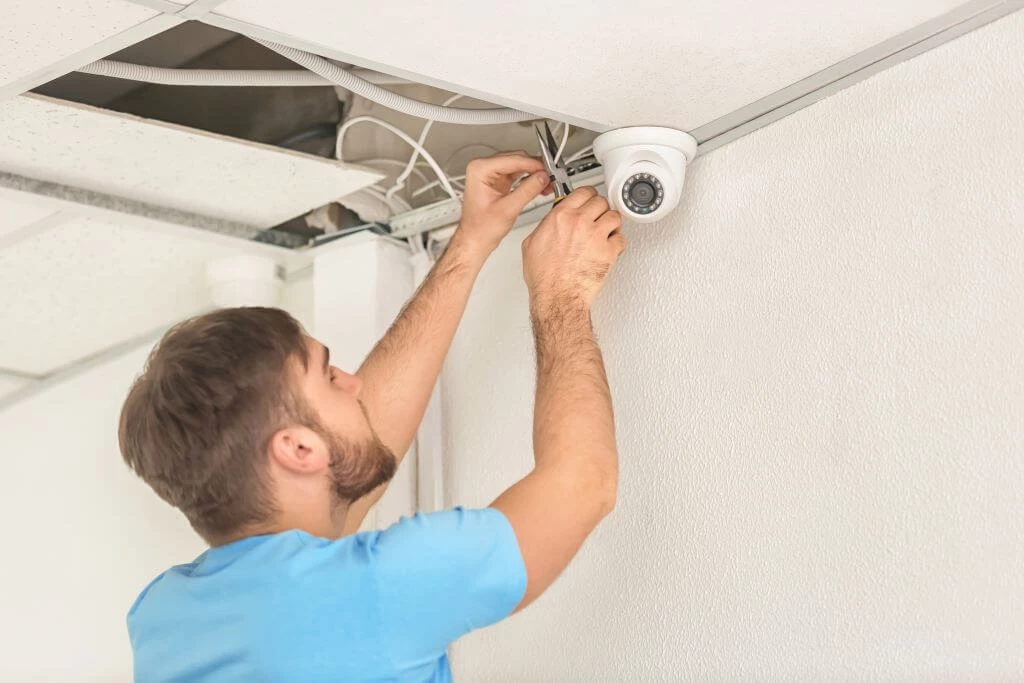
Wireless cameras also have some disadvantages. One of the most significant is that they rely on a Wi-Fi connection to function. If your Wi-Fi network is weak or unreliable, your cameras may not work correctly, which could leave your home vulnerable to intrusion.
Additionally, wireless cameras require regular battery replacement, which can be a hassle and an added expense.
Does Wireless Camera Slow Down Internet Speed?
Many people are concerned that wireless cameras may slow down their internet speed. While this is a valid concern, the truth is that most modern wireless cameras use minimal bandwidth and should not significantly affect your internet speed.
However, it’s essential to ensure that your Wi-Fi network is strong enough to support your cameras.
Will Wireless Security Cameras Work Without Wi-Fi?
Some wireless security cameras can function without a Wi-Fi connection. These cameras use cell networks to send data, so they can still work if your Wi-Fi is not working. But they cost more than regular Wi-Fi cameras.
What Lasts Longer Wireless or Wired?
Wired cameras usually last longer than wireless ones. This is because wired cameras don’t need batteries that can wear out. Also, wired cameras are tougher and can handle outdoor conditions better than wireless ones.
Is There a Big Difference Between Wired and Wireless?
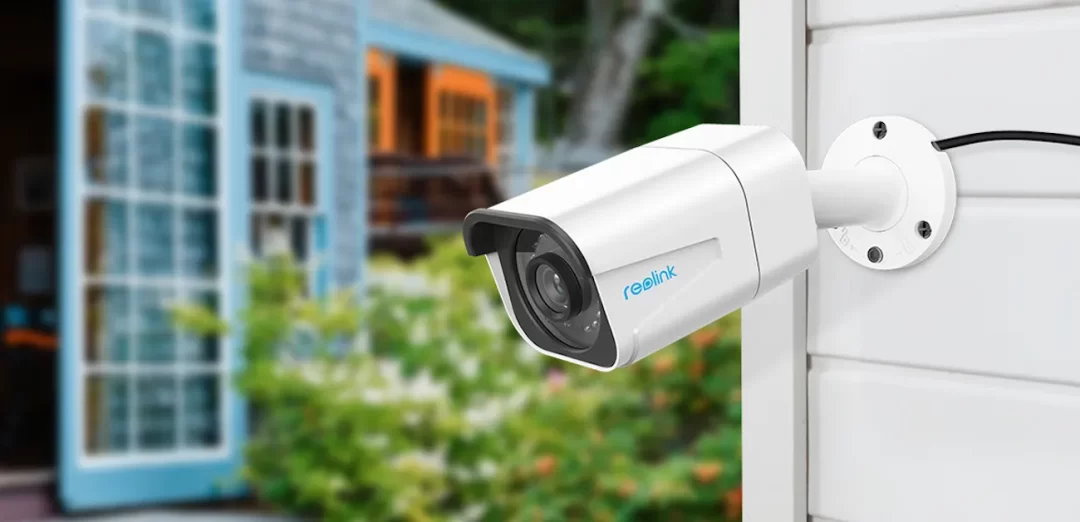
There is a big difference between wired and wireless security cameras. Wired cameras offer higher image resolution, and minimal interference, and are generally more durable than wireless cameras.
On the other hand, wireless cameras are more flexible and easier to install, making them a better option for those who need a more affordable and convenient solution.
Is it Better to Have Wired or Wireless Security Cameras?
Which camera is best for home security? When it comes to choosing between wired and wireless security cameras, there is no one-size-fits-all answer. It ultimately depends on your specific needs and preferences.
If you prioritize image quality, minimal interference, and long-term durability, wired cameras may be the better option.
However, if you need a more flexible and affordable solution, wireless cameras may be more suitable. It’s important to evaluate your home security needs and consider factors such as your budget, home layout, and internet connectivity before making a decision.
Conclusion
In conclusion, security cameras are a useful tool for protecting your house. But each has advantages and disadvantages when deciding between wired and wireless cameras.
Wired cameras offer higher image resolution and minimal interference, but they require professional installation and can be less flexible.
Wireless cameras are easier to set up and can be placed in different places, although they occasionally require new batteries and Wi-Fi. And, most importantly, your needs will determine whether you use wired or wireless cameras.

